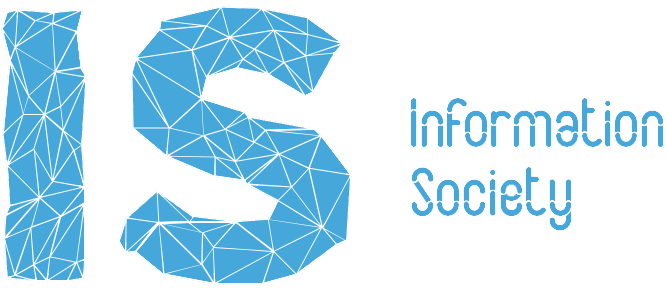Olga Dziabenko, Diego López-de-Ipiña, Javier García Zubía, Diego Casado-Mansilla, Unai Hernández Jayo and Angela García Perez
Abstract
This paper presents the outcomes of the implementation of artificial intelligence (AI) tools during co-creation workshops conducted within the framework of the Erasmus+ project AI-ENABLE – Enhancing Inclusive Education in Higher Education Institutions with Artificial Intelligence. Two case studies – one from the Faculty of Social and Human Sciences and the other from the Faculty of Engineering – are examined to illustrate how the integration of AI-driven tools can enhance inclusivity and transform traditional classroom environments. The findings underscore the need for future higher education practices to prioritize the long-term implications of AI, the development of comprehensive AI literacy programs, and the adoption of innovative pedagogical strategies aimed at fostering inclusive learning environments.
